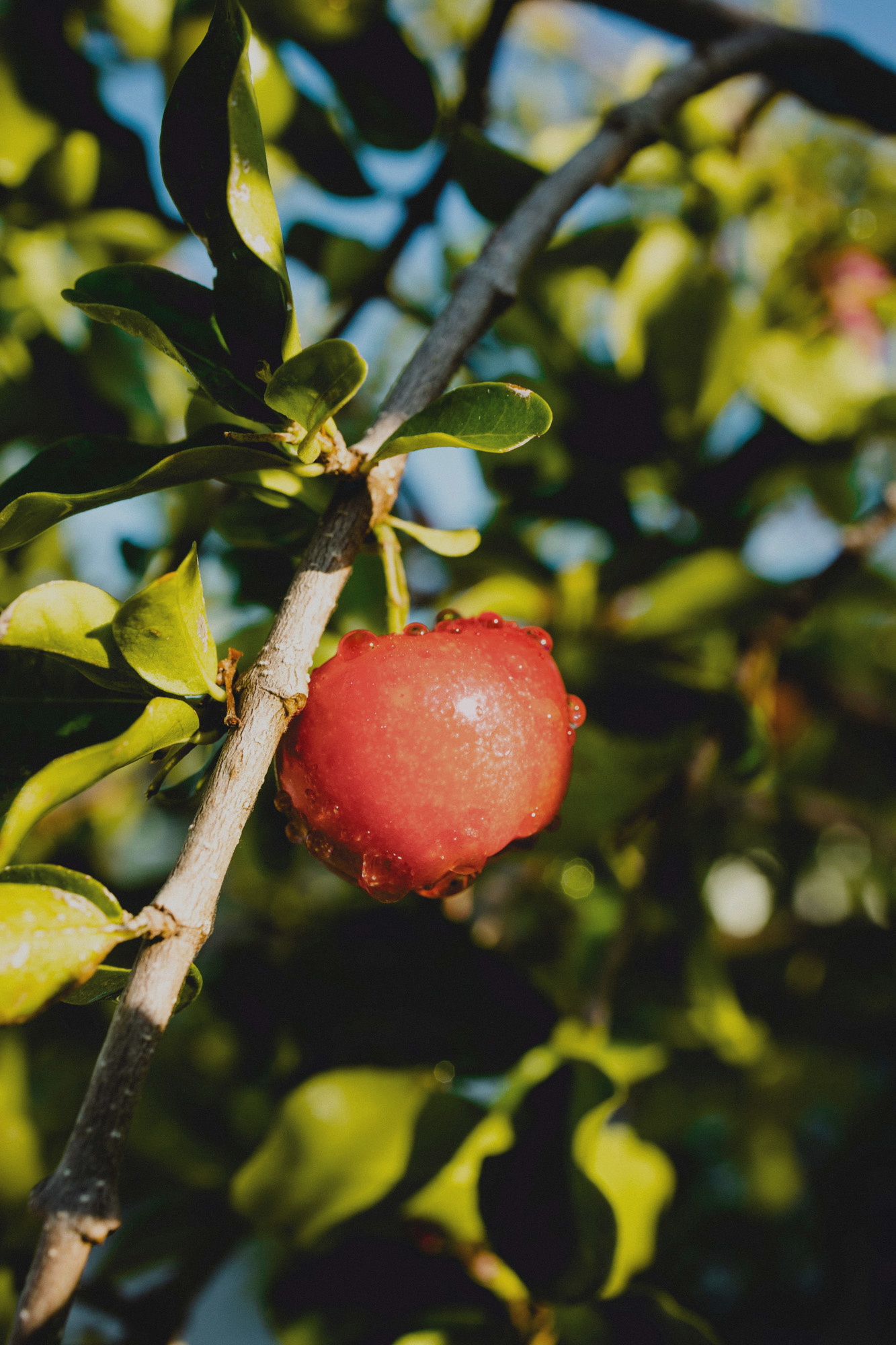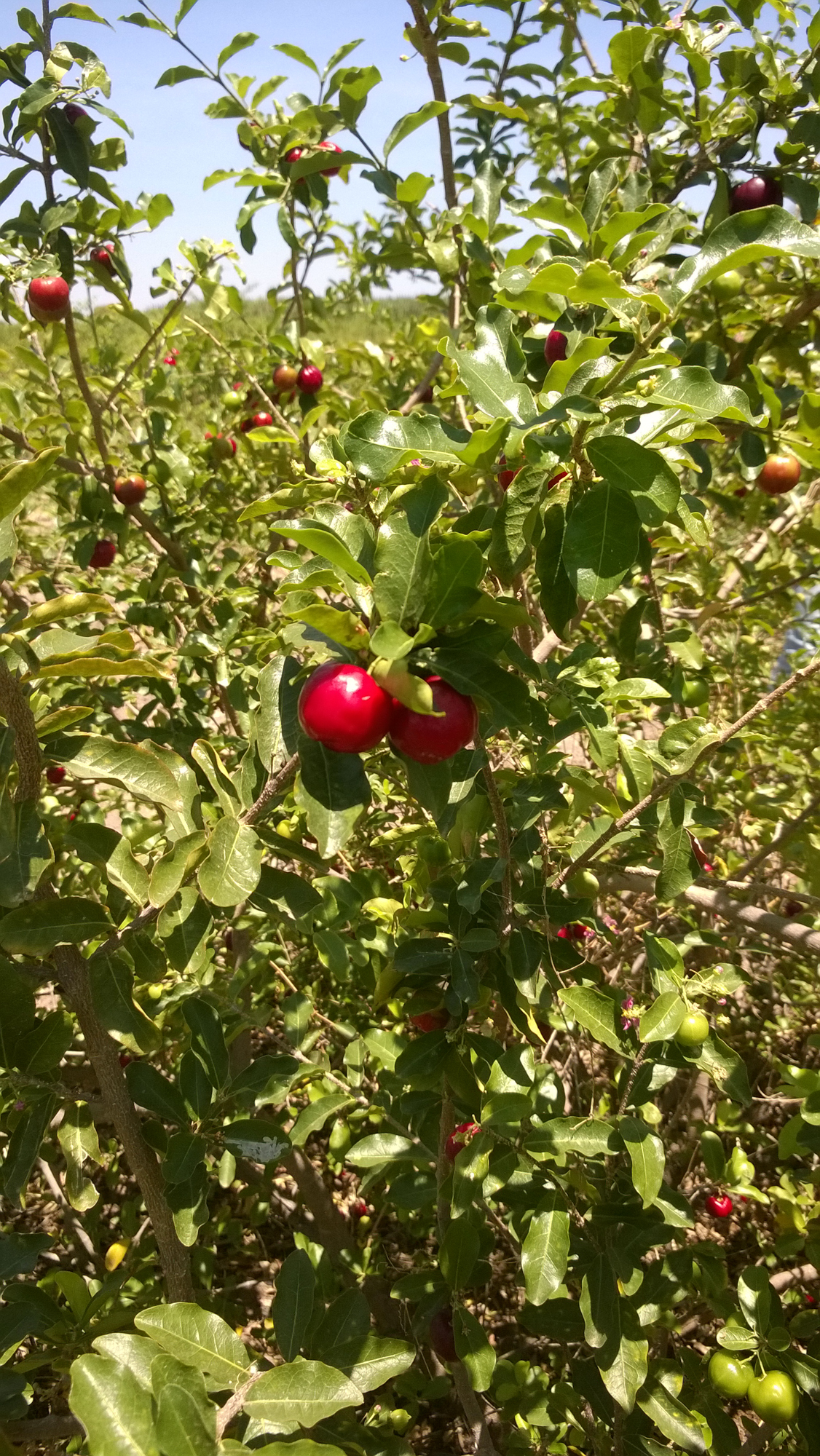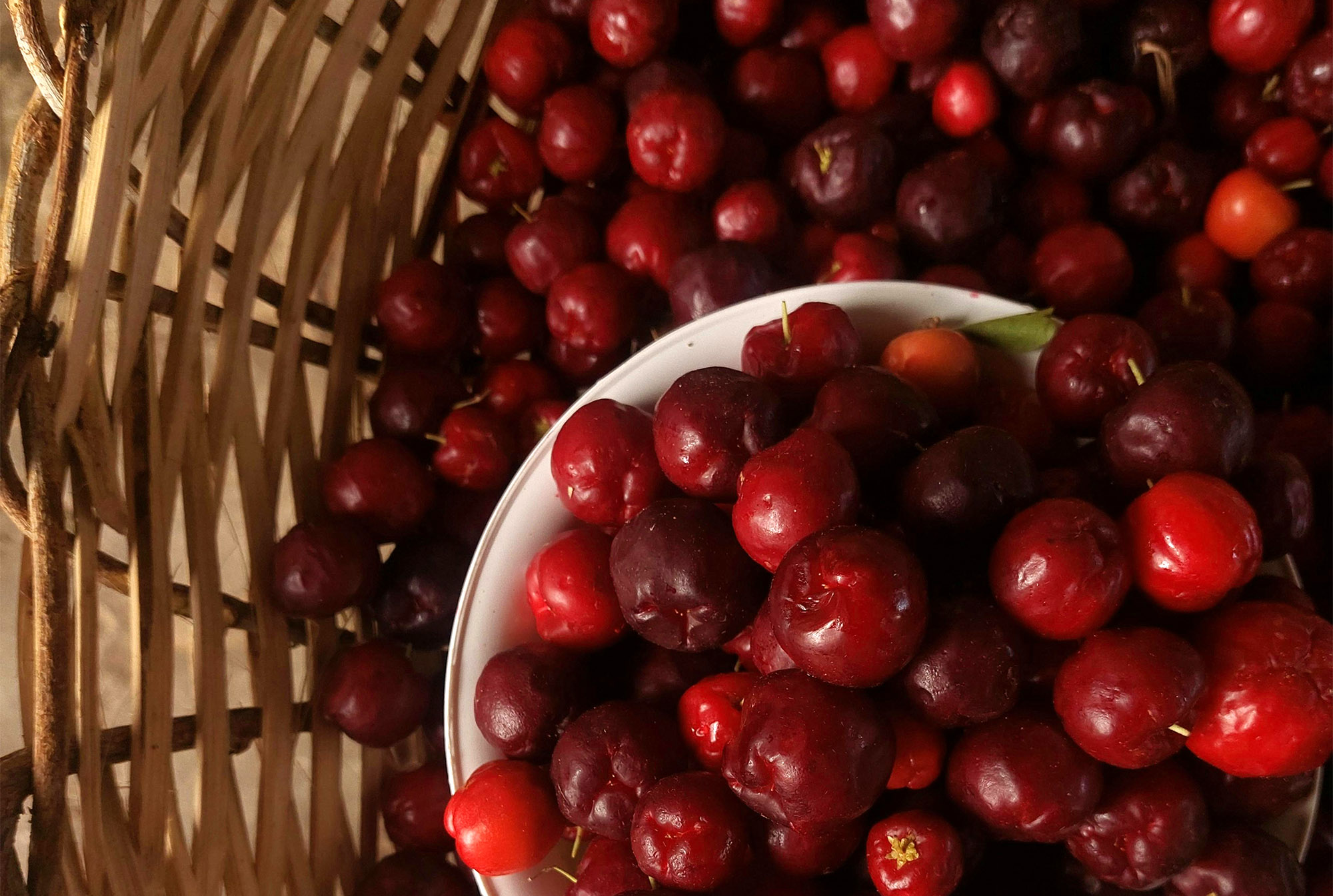







High naturally occurring vitamin C content
High antioxidant capacity¹²
Easy to formulate products
that enable health and nutrition claims¹³ ¹⁴
In vitro data showed a beneficial modulation of the gut microbiome
compared to ascorbic acid alone¹⁵
Organic and Fair Trade
versions available and fully traceable to field level


The acerola cherry is one of the richest sources of vitamin C, phytonutrients and antioxidants in the world.¹⁶ ¹⁷ Acerola contains polyphenols, which contribute to dried acerola juice’s antioxidant properties¹⁸

Our acerola is fully traceable to the field level, where it is grown by small suppliers in Brazil. In accordance with our Sourcing4Good programme, our suppliers use organic, sustainable farming practices to conserve biodiversity and support your sustainability journey.




























Generally considered healthier and more nutritious than the other main cereals, oats offer a full range of benefits in a single ingredient. OatWell™ can be provided in three different concentrations of beta-glucans, all delivering both soluble and insoluble fibres, along with an average of 21% - 23% protein.
OatWell™ uses a unique production process to fractionate the oat kernel into three product lines: beta-glucan products, oat flours, and oat oils. Our production process preserves the native structure of oat beta-glucans, retaining their high molecular weight during fractionation into oat brans with a high amount of beta-glucans.


The molecular weight of oat beta-glucan is essential to delivering health benefits. OatWell™'s beta-glucan has a very high molecular weight (2000-2500 kDa as naturally found in oats), which contributes to its unique viscosity and thickening properties. This viscosity has an important impact on physiological functions, such as reducing blood cholesterol levels, moderating blood glucose and insulin levels, and potentially benefiting satiety.
Benefits of OatWell’s high molecular weight:







The prebiotic effects of oat bran fibre have been validated through years of research. In a review by Malkki and Virtanen, they cite: “in the large bowel, soluble dietary fibre increases the fermentation activity, especially production of butyric acid, enhances growth and colonisation of some probiotic bacterial strains, increases production of microbial mass and thereby aids the removal of nitrogen via faeces. It also increases wet weight of stools, thereby alleviating constipation”.²¹
Research conducted on oat beta-glucan demonstrates that it meets three important criteria, confirming its status as a prebiotic fibre:¹ ²




